Europasat Interview – Broadband USO is “unfeasible” Without Satellite
6. According to Ofcom, the average fixed line home broadband user gobbles 82GB (GigaBytes) of data per month, which rises to 112GB for those with a “superfast” 30Mbps+ capable connection.
One of the problems with satellite stems from the limited and expensive data allowances that customers often receive, which is in stark contrast to the “unlimited” options of fixed line platforms and that can be a problem in today’s video streaming hungry market.
Can you tell us, why are the data allowances on Satellite so low and what sort of “affordable” allowances can we expect to see in a few years’ time when new Satellites are launched?
ANSWER:
We scale our data plans to make the services affordable for the consumer and we have to keep in mind that each satellite has a finite resource in term of capacity and data throughput.
We fully understand the customer’s desire for unlimited or ‘flat’ data plans, and we’re working towards that. But to deliver unlimited tariffs and ensure really good network performance with the current fleet of satellites would make the tariffs only affordable for businesses.
Data allowances in terms of GB per £ have gradually increased over the last 5 years and will continue to do so. (See point above on next generation satellites and unlimited data becoming a reality).
We also offer guidance on how best customer’s can use their data allowance: https://www.europasat.com/what-is-satellite-broadband-internet/tools/making-the-most-of-your-data/
7. Speaking of usage allowances, satellite platforms often have to balance their usage just like fixed line services, which is sometimes done by imposing Traffic Management / Throttling measures (especially at peak times or when exceeding an allowance).
However one of the complaints we see about Satellite ISPs is that they don’t always make their Fair Usage Policies (FUP) or any excess charges clear or easy to find. Can you clarify, what is Europasat’s traffic / network management policy and is it the same for all of the Satellite platforms you sell?
ANSWER:
The fine detail of the Fair Usage Policies (FUPs) does vary between satellite owner’s networks, and some are more open than others in the detail they allow us to publish or even share with us. Currently all the FUPs are all controlled by the satellite owners themselves.
In reality, because the Internet is a fast changing, ever evolving, almost organic environment, these policies along with the traffic management and engineering strategies are continually changing literally weekly, sometimes even daily.
We work very hard to keep network performance at the top of the agenda in our regular discussions with the satellite owners, and it’s in everyone’s interest for all our users to receive as equitable a service as possible. Working with the satellite owners we also do our best us to try to manage users who continually consume a disproportionate amount of network resources to ensure that they don’t impact on the ordinary user.
Our charging structure is clearly outlined on our website, and there are no hidden ‘excess charges’. All our customers choose their tariff at outset and these are differentiated by speed and monthly data allowance (or by data top-ups in the case of pay-as-you-go plans). Customers also know that from outset if they consume all their data allowance before their next month’s allowance is credited, they can either upgrade to the next tariff, or buy more data 24/7 via a simple ‘Volume Booster’.
8. Many popular online services (e.g. cloud computing, multiplayer video games, time sensitive VPN connections and web servers) simply cannot function properly or even at all without a very low (fast) latency connection.
Obviously latency is a problem for Satellite because data has to be relayed up into space and then back down again, which creates a significant lag (delay in milliseconds) that often makes services, such as those mentioned above, unusable.
Can you foresee any point in the future where Satellite operators might find a way to reduce the level of latency so that this is less of an issue and how might it be achieved? For example, would medium or low earth orbit Satellites play a part or is latency still a big problem for those too?
ANSWER:
Latency is a matter of sheer physics and isn’t something that we can remove or change. However, we’ve done a lot of work in the last 8 years to try to reduce the impact of the latency on everyday protocols like browsing, and VoIP, and to make both VPN’s and cloud computing work well over our services.
If a potential customer has a particular app or program they want to use and they think its performance may be impacted by satellite latency, we always invite them to come into the office, or to meet with one of our Resellers, to test it in a live satellite environment. Our technical and project teams have been deploying satellite broadband for many years, and we have some of the best known companies on earth as customers including the BBC, many Police forces and the MOD. We are experienced in extracting good performance over satellite for many common business tools and will be delighted to assist customers in pushing the boundaries of what’s technically achievable.
We’re developing new add-ons and software at the moment which will really enhance the user experience via caching, and also enable customers to make better use of their data allowances and these will be into the market later this year.
First person shooter games are a challenge over satellite, but many ordinary games that aren’t real-time critical work fine. We have always been up front about this and always try and get as much information from potential customers about what they want to use their connection for before recommending they go for satellite broadband.
In reality, the latest generation satellite broadband solutions offer a user experience close to their wired counterparts, and it’s important to remember satellite is designed to help homes and businesses that don’t have many other options. We fully accept that if fibre broadband is available for a customer, they will probably want to opt that over a satellite based connection.
Low earth orbiting satellites have a part to play in communications but tend to be very small, and can’t deliver the kind of speeds, performance or coverage our geostationary fleet does, although in theory their latency is slightly less.
9. Satellite Solutions Worldwide, which owns Europasat, recently gobbled rival ISP Avonline Broadband in the UK. Aside from gaining a bigger customer base, can you tell us what other benefits will be extracted from this acquisition and will you be retaining the Avonline brand as a separate business or merging it into Europasat?
ANSWER:
Bringing Avonline into the fold enables a number of operational and sales efficiencies. The acquisition has made us Britain’s biggest satellite broadband provider; doubling our customer base to 17,000 subscribers in the UK. It brings us closer to our aim of adding 100,000 homes to our overall network by the end of 2017 and we anticipate the acquisition will contribute £5m to our sales in the next financial year. It our largest acquisition to date, and testament to the confidence we have in the UK market. We plan to retain the brand in the short-term and will consider merging it into the Europasat brand next year.
10. Finally, a lot has been said about the EU’s new Net Neutrality rules and related guidelines being proposed by the Body of European Regulators of Electronic Communications (BEREC). What are your thoughts, from the perspective of a Satellite broadband provider, on these new rules?
ANSWER:
Europasat broadly supports the concept of Net Neutrality, but although they listen to our and our customer’s feedback, the satellite owners themselves make key policy decisions on their traffic management or traffic shaping policies.
We’d just like to thank Andrew Walwyn for agreeing to take some time out of his busy schedule in order to take part in our interview, which touched on some difficult topics.
Mark is a professional technology writer, IT consultant and computer engineer from Dorset (England), he also founded ISPreview in 1999 and enjoys analysing the latest telecoms and broadband developments. Find me on X (Twitter), Mastodon, Facebook and Linkedin.
« ISP Zen Internet “Happy” to Offer Automatic Compensation for Faults
Latest UK ISP News
- FTTP (5530)
- BT (3518)
- Politics (2542)
- Openreach (2298)
- Business (2266)
- Building Digital UK (2247)
- FTTC (2045)
- Mobile Broadband (1977)
- Statistics (1790)
- 4G (1668)
- Virgin Media (1621)
- Ofcom Regulation (1465)
- Fibre Optic (1396)
- Wireless Internet (1391)
- FTTH (1382)

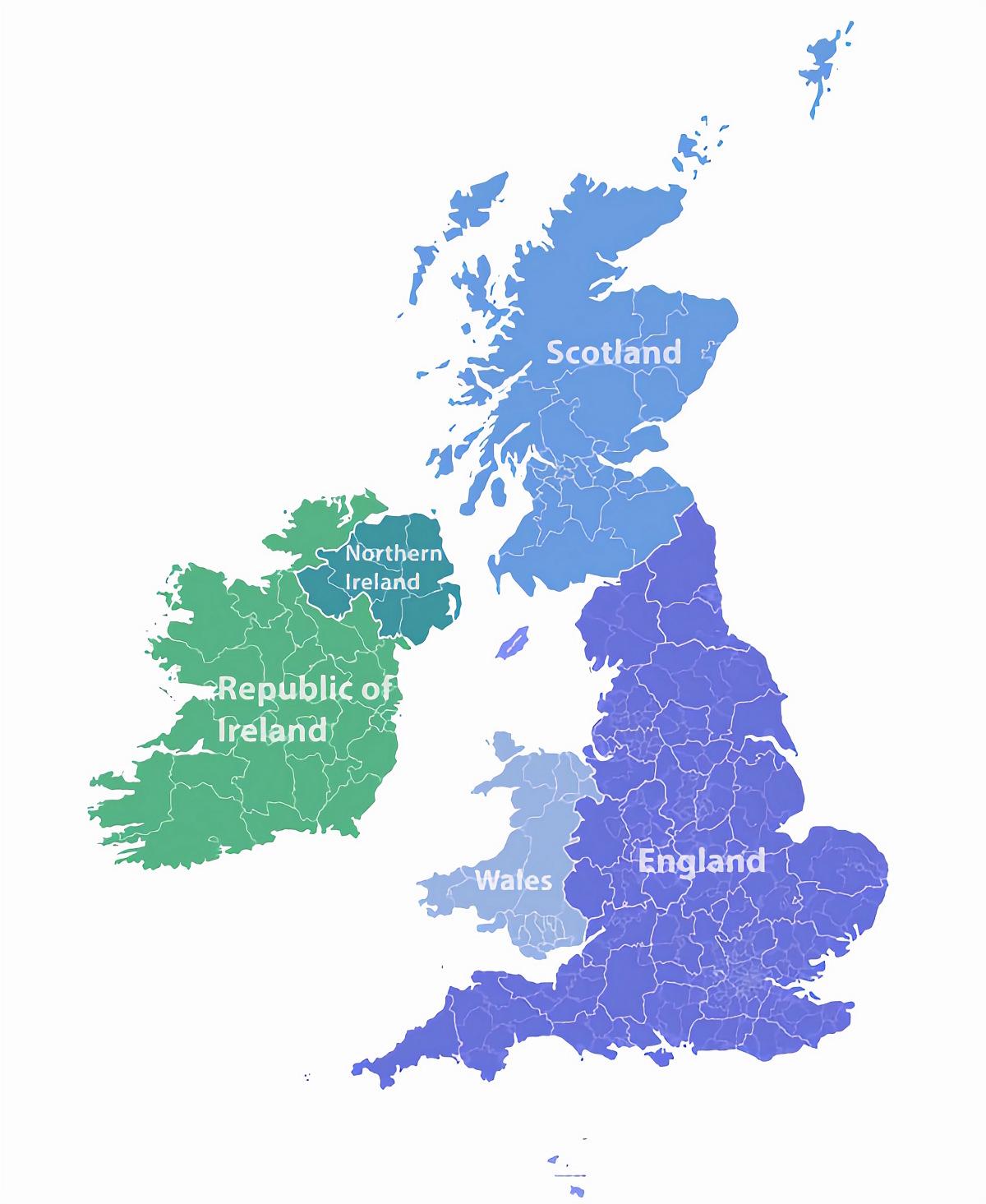
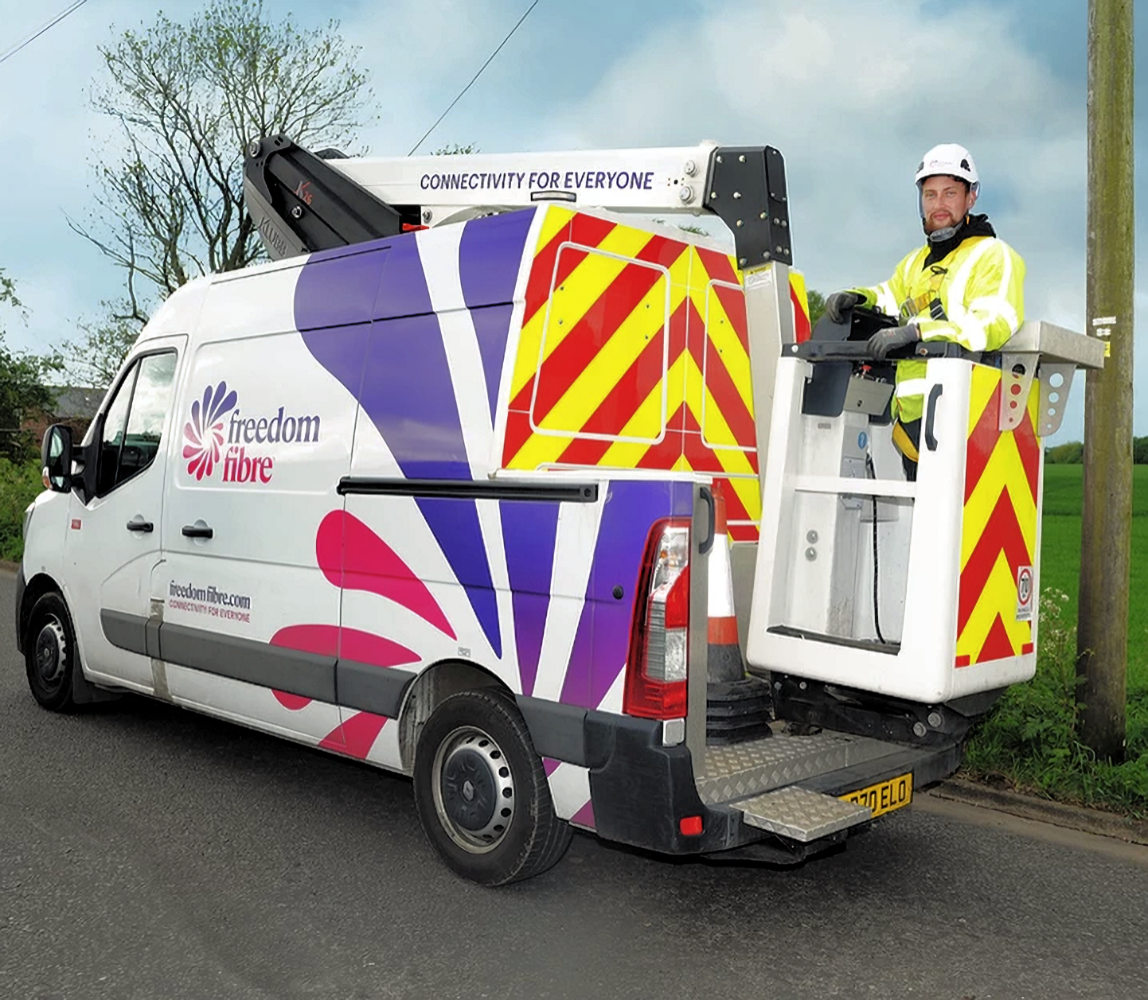

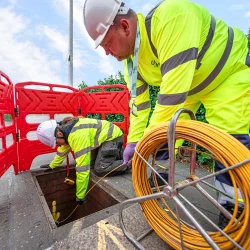












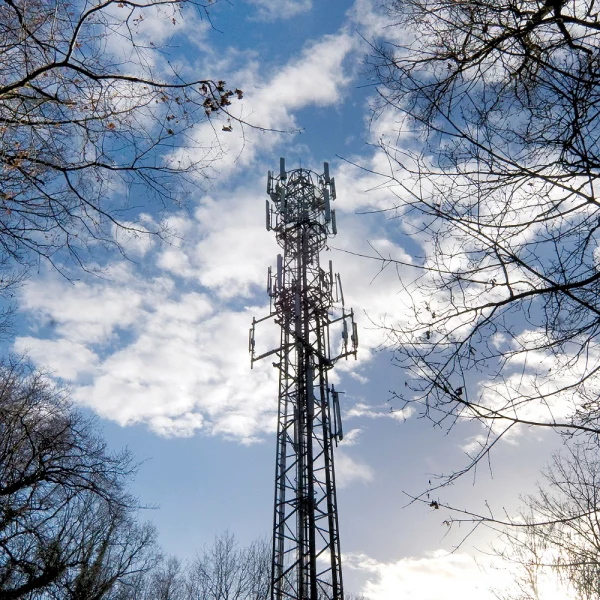
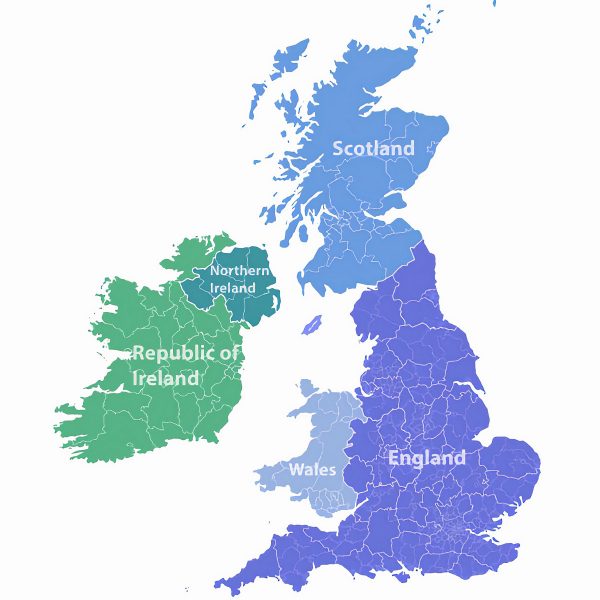
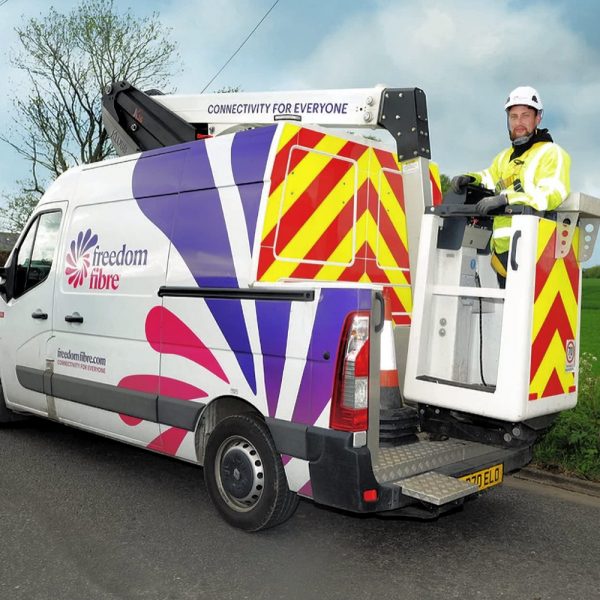




































Comments are closed